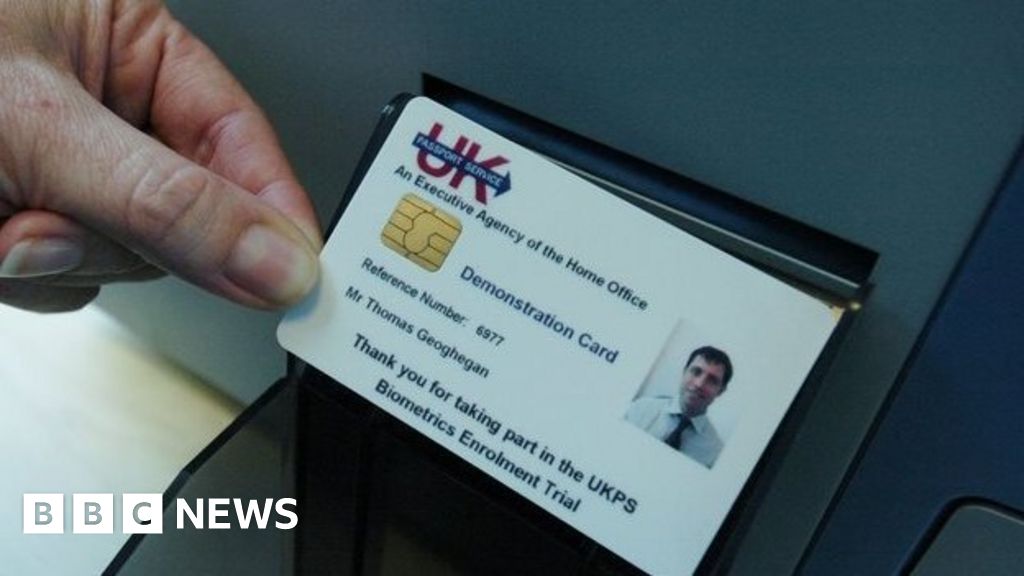The Conservative Party is considering the potential introduction of compulsory digital ID cards, with Shadow Home Secretary Chris Philp suggesting there is a very strong case for the move to improve identity verification for access to taxpayer-funded services.
Philp said that while the proposal could help ensure only eligible individuals access services such as welfare or the NHS, it also raises important concerns around privacy and civil liberties.
“It’s a legitimate and valid debate to have, and I think any responsible party should think about it very carefully,” he said. “There are questions about civil liberties and personal freedom, but also about ensuring we know who is in the country and who is using publicly funded services.”
The debate follows comments made in June by Conservative leader Kemi Badenoch, who said she was open to the idea of digital ID cards as a tool to curb illegal migration.
The proposal echoes a previous Labour initiative under Prime Minister Tony Blair, which introduced physical ID cards in 2009. That scheme was later scrapped by the Conservative-Liberal Democrat coalition government, citing civil liberties concerns.
Nevertheless, Blair and former Home Secretary David Blunkett have remained vocal supporters of compulsory ID cards, viewing them as an efficient means to tackle illegal immigration.
Labour is also considering a similar proposal. In June, it was reported that the government was examining the idea of a BritCard – a digital ID system recommended by the Labour Together think tank. The card would be free and downloadable to smartphones, acting as a one-stop shop for accessing government services, from benefits to passports.
Supporters argue the UK’s current lack of a national ID system has enabled the growth of a black market in illegal employment, making the country more attractive to undocumented migrants.
Despite these arguments, the introduction of a universal ID system remains contentious, with critics warning against potential overreach by the state and threats to personal privacy.



